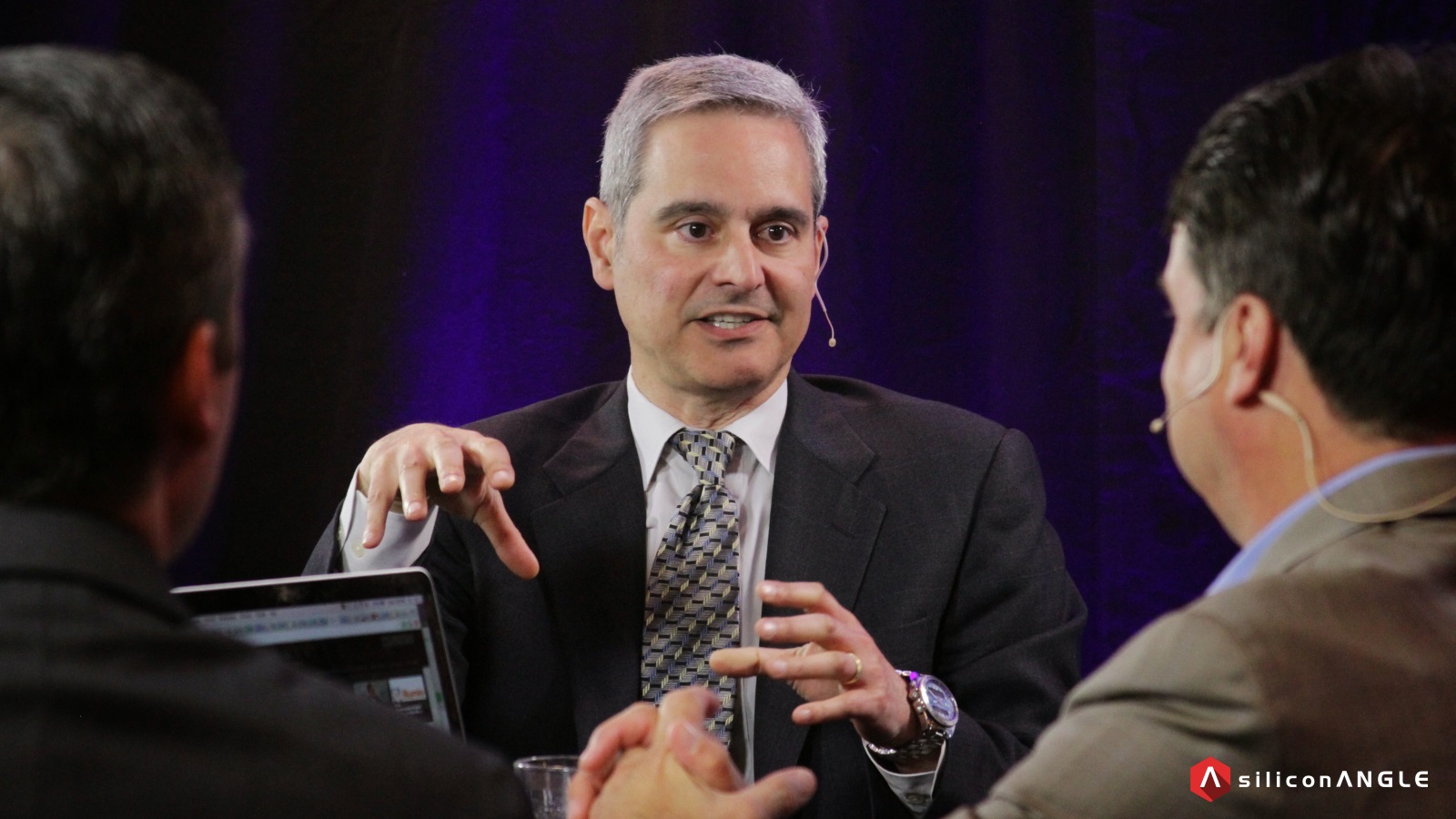 BIG DATA
BIG DATA
 BIG DATA
BIG DATA
 BIG DATA
BIG DATA
MarkLogic Inc. is continuing to bulk up the data integration features it introduced last spring by combining its NoSQL database with its Data Hub and delivering the two as a service.
The company claims the MarkLogic Data Hub Service is an alternative to data lakes that makes it simple to manage, curate, secure and use data without extensive preparation.
Data Hub “is not an [extract/transform/load] process or a meta hub. The data actually comes in to MarkLogic, is stored as is and can be used immediately as it comes in,” said Joe Pasqua (pictured) the company’s executive vice president of products. “But then it is also curated and available for operational use within the hub.”
Rather than transforming data, MarkLogic says it “harmonizes” it by leaving the original data in place. Data can be “wrapped” to create views that match users’ needs without disturbing the underlying data. “Rather than potentially throwing away the information, the source data is kept in place,” Pasqua said.
MarkLogic uses Apache NiFi to import data, enabling it to handle a variety of datatypes such as unstructured documents, graphs, relational tables and geospatial data from sources such as relational engines, message buses and streaming data services. “Everything NiFi connects to we can connect to,” Pasqua said. Data from multiple sources can be integrated, governed, searched and queried within a single engine.
The company’s Data Hub isn’t new, having been introduced in late 2016. What’s new with this announcement is the integration of the Data Hub with the underlying NoSQL engine and delivery as a service. “Now we run it for you,” Pasqua said. “You click a button, a whole Data Hub cluster is set up for you and you don’t have to configure anything.”
MarkLogic has abstracted the underlying cloud resources out of the equation so that customers can pick a baseline capacity and pay a fixed amount with the assurance that surcharges won’t be applied. The service enables bursting to be applied to meet peak loads within a predictable cost. “When you use less than the baseline, you earn credits. When you use more, you use credits,” Pasqua said. Pricing for an entry-level Data Hub works out to about $4 per hour, he estimated.
The company said the service provides enterprise-grade data security and reliability. “It’s always highly available, always encrypted,” Pasqua said. “There is no way not to get encryption or high availability.”
THANK YOU